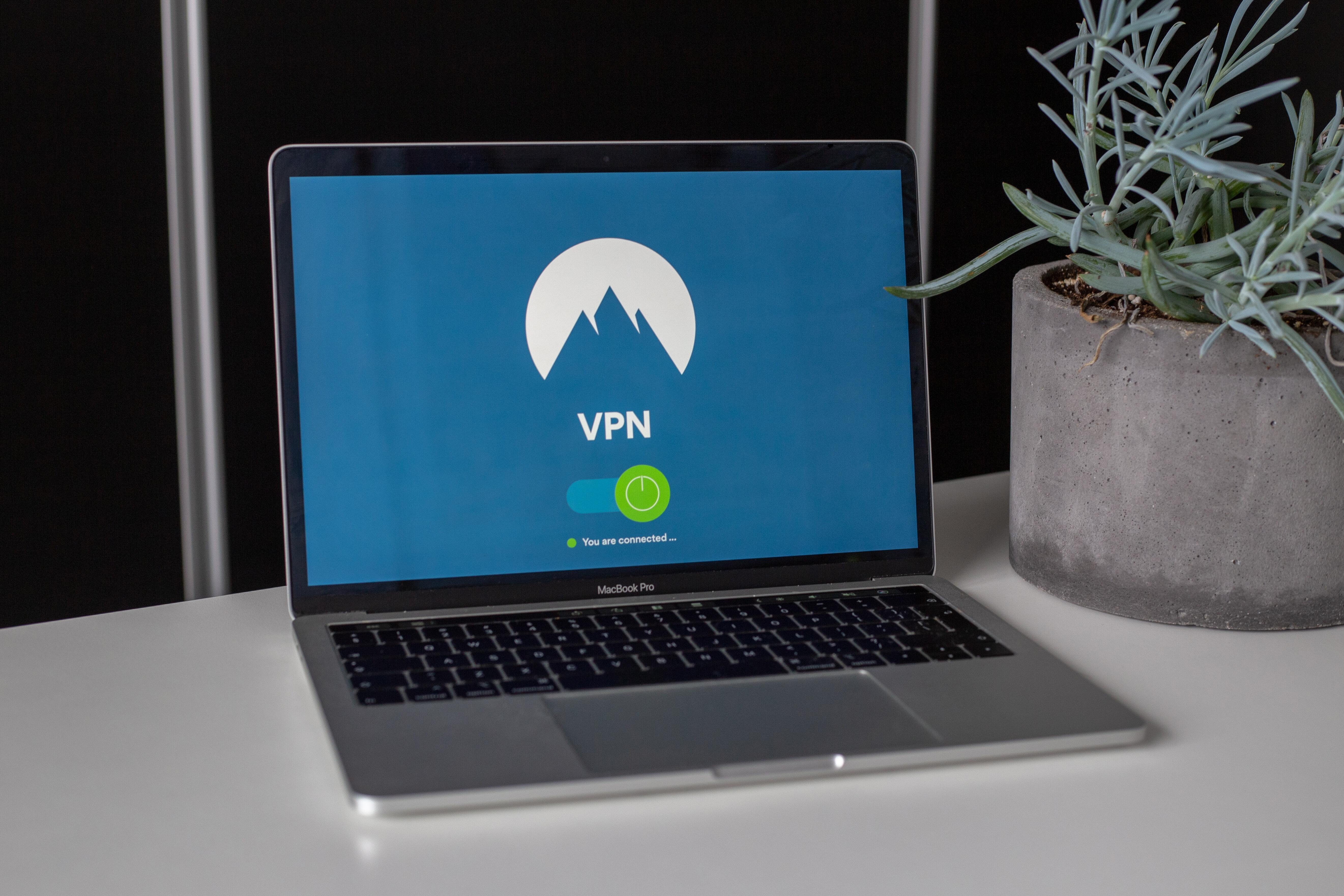As a quarter of UK charities fall victim to cyber-attacks in the last year, many still fail to realise how vulnerable they are to attack, says leading cyber-security firm
The Cyber Security Breaches Survey 2021 also suggests over a quarter (26%) of charities experienced a cyber-breach in the last year. Worryingly, the...



